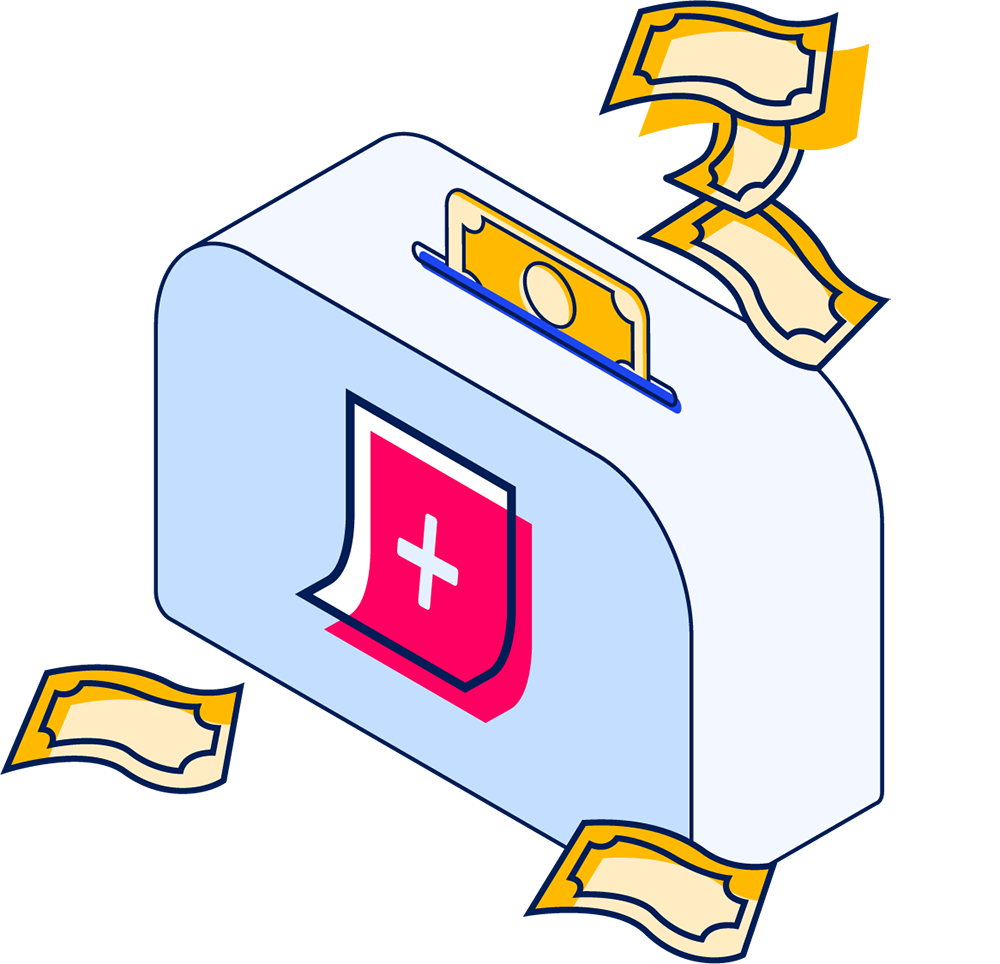What to do if you experience a loss of income:
1. Review your budget
If your household’s income has changed, it’s time to review your budget. In order to create a realistic spending plan, work out what your reduced income will be, and calculate your current monthly expenses. Through this you can determine if your reduced income still allows you to afford all of your basic needs, or if you need to find additional savings — or an additional source of income, if possible.
2. Eliminate what you can
Part of reviewing your budget should include identifying what unnecessary costs you could reduce or get rid of entirely. Some cost cutting will be more obvious than others: subscription services and memberships to nonessential services, for example. But if you’re still struggling to come up with ways to reduce your expenses, check out this video for tips on how to get creative.
3. Talk to your lenders
It’s one thing to think about how to cut costs, but what can you do if you have debt? Whether it is credit card debt, a car loan, or a mortgage to pay, if you believe that you’re at risk of missing a debt repayment, the very first thing you need to do is get in touch with your lender, and see if you are eligible for a payment holiday.
4. Make sure you’re not missing out
If you lose your job or otherwise experience income loss, you may be eligible for unemployment and other government benefits. If you need additional support, FinFit offers free, unlimited financial coaching from certified financial counselors that can help connect you tto local nonprofit and government resources that can help you save money on things like utilities, groceries, and prescription medication. Learn more here.
5. Don’t be so hard on yourself
It’s okay if you feel like you’re going backwards financially right now. You may find yourself in a situation where you need to tap into your savings or take on additional debt if you have no other options.
The important thing is to be prepared and carefully consider and review all options available to you before jumping into anything that could have a long-term impact, like taking out a payday loan, racking up high-cost credit card debt, or taking money out of your retirement savings. If you’re making decisions about your finances, think about how you can get back on track when things go back to normal.
While being proactive about your finances is essential, don’t forget to look after yourself and your mental health during this challenging period. We’re all in this together.
 Learn
Learn